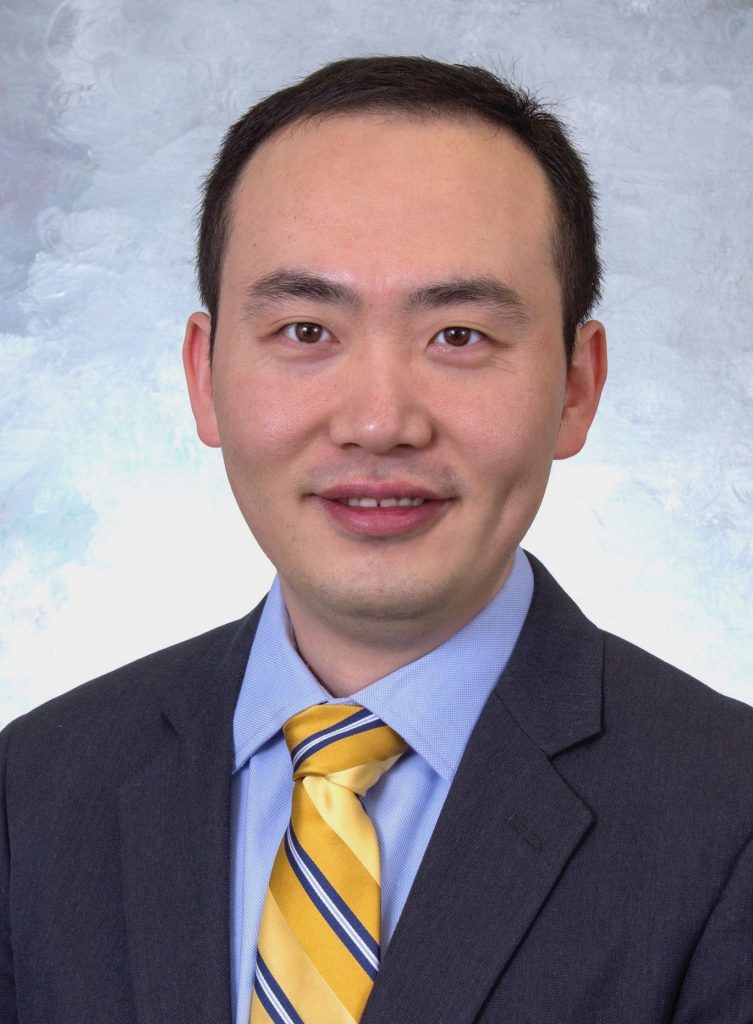Journal of Clinical Investigation Publishes New Cancer Research by Lead Author Yu Leo Lei2 min read
Ann Arbor, Mich., Feb. 24, 2020 – A research team led by School of Dentistry faculty member Yu Leo Lei has published a new study advancing the understanding of how tumors suppress the innate immune system.
Published today in the Journal of Clinical Investigation, the study, “HPV16 drives cancer immune escape via NLRX1-mediated degradation of STING,” utilized multiple methodologies to derive new insights into head and neck tumor development associated with human papillomavirus (HPV). The incidence of HPV-positive Head and Neck Squamous Cell Carcinoma (HNSCC) has surpassed that of HPV-positive cervical cancers and is predicted to continue to grow for decades into the future, even after adjustment for the use of HPV vaccines among women.

Despite the expression of viral proteins, which should be recognized by human immune system, these tumors are still largely invisible to immune cells. This is in part evidenced by their lower-than-anticipated response rates to cancer immunotherapies. Before a tumor-specific adaptive immune response can develop, the innate immune system serves as the first line of defense against initiating tumors. However, how tumors escape from innate immune surveillance remains unknown.
“This study found a striking and potent mechanism that HPV utilizes to shut down the innate immune system and avoid being targeted by the immune cells,” said Lei. “HPV16, which is an HPV subtype that drives over 90 percent of the HPV-positive HNSCC, encodes a protein, E7, to induce tumor cell proliferation. We found a previously unknown function of HPV16 E7 in promoting the degradation of a central molecule that activates the innate type-I interferon response.”
Additionally, the study characterized the molecular mechanisms that drive HPV16-induced innate immune tolerance. Overall, the study represents a conceptual advance in the understanding of how tumors suppress the innate immune system.
Lei is Assistant Professor of Dentistry in the Department of Periodontics and Oral Medicine and adjunct Assistant Professor of Otolaryngology – Head and Neck Surgery at Michigan Medicine. His lab focuses on translational immunology research.
###
The University of Michigan School of Dentistry is one of the nation’s leading dental schools engaged in oral health care education, research, patient care and community service. General dental care clinics and specialty clinics providing advanced treatment enable the school to offer dental services and programs to patients throughout Michigan. Classroom and clinic instruction prepare future dentists, dental specialists, and dental hygienists for practice in private offices, hospitals, academia and public agencies. Research seeks to discover and apply new knowledge that can help patients worldwide. For more information about the School of Dentistry, visit us on the Web at: www.dent.umich.edu. Contact: Lynn Monson, associate director of communications, at [email protected], or (734) 615-1971.
